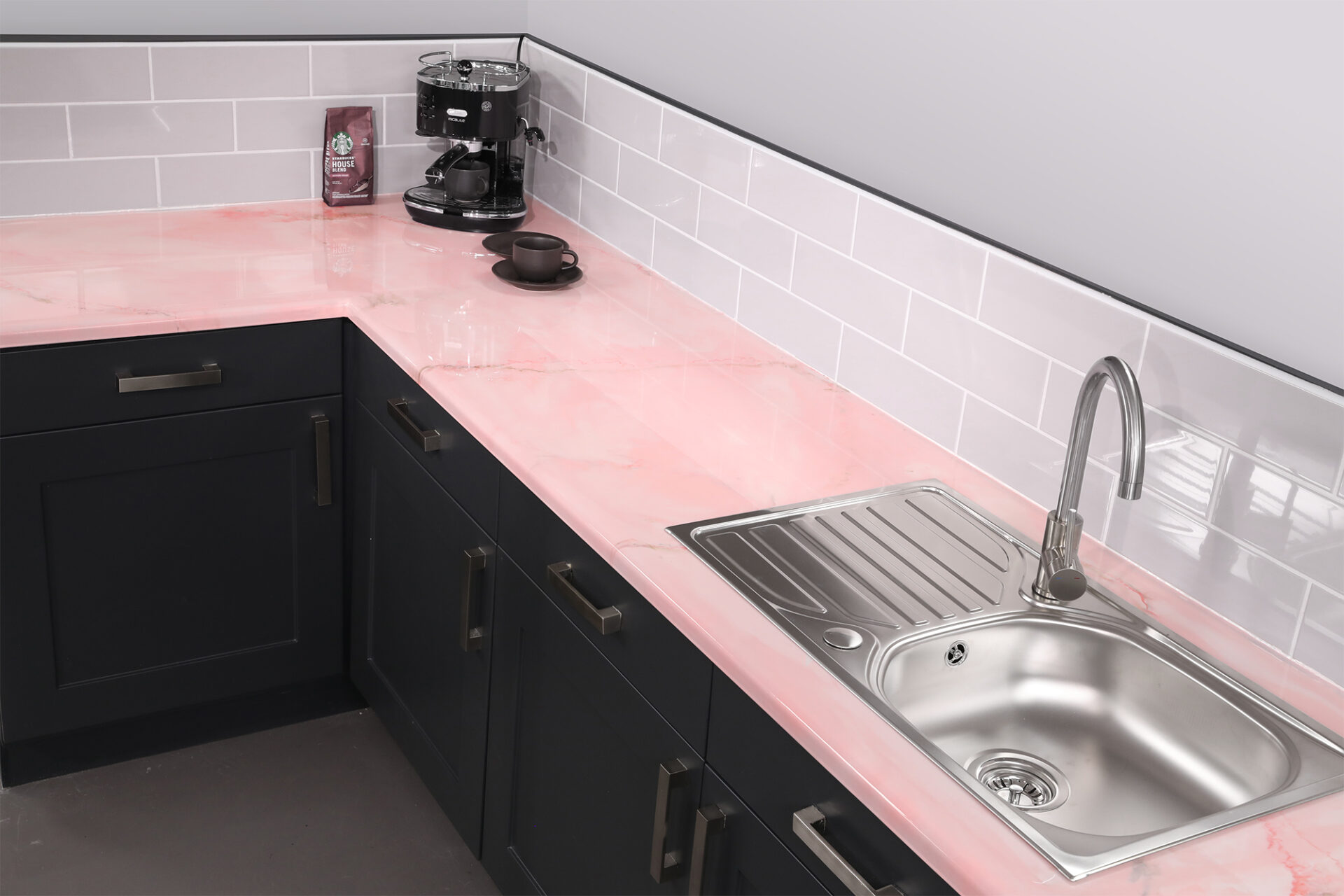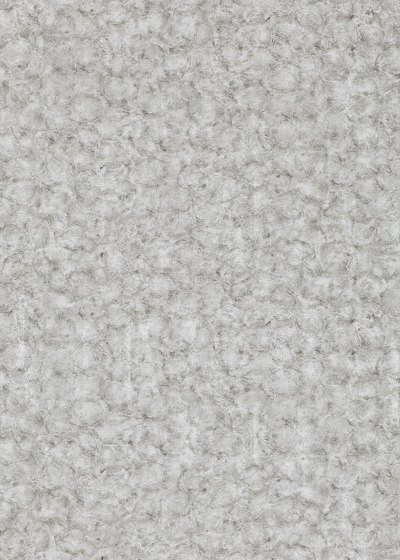
It is necessary to seal marble on a regular basis, at the very least once a year, depending on its color and quality. Maintenance: While many homeowners believe the time and effort required to keep marble is worthwhile, it will require specific attention over time. Quartz is far more stain-resistant than other materials since it is completely waterproof. When it comes to white marble countertops, this is especially problematic, while it may be less obvious on other hues. A marble surface is known for leaving a mark from dishes such as spaghetti sauce, red wine, coffee, and other beverages and beverages. This will never be an issue when using quartz as a material.ĭiscoloration and staining: Marble, like all natural stone, requires regular sealing to retain its resistance to liquid and, as a result, its resistance to becoming discolored. This may be avoided by starting with a sharpened, matte surface and applying a protective sealer on a regular basis to keep the surface protected. When acidic substances come into contact with marble countertops, etching can occur, resulting in a dull area on a previously polished surface. Consider some of the factors that influence whether or not a homeowner chooses one over another:Įtching: Because marble is constituted primarily of calcium carbonate, it is alkaline and will bubble when exposed to acids such as vinegar or lemon juice. There are various more aspects to consider while deciding between the two options, and each has its own set of advantages and disadvantages. Quartz countertops may even be made to seem exactly like marble or other popular countertop materials, such as granite or marble-look quartz.įor the most part, neither marble nor quartz are the ideal countertop materials for every situation.

Given the fact that it is a manufactured surface, it is available in an astounding range of colors and designs. This combination is then molded, pressed, cured, and polished, resulting in a very durable surface that is entirely waterproof, stain- and scratch-resistant, and requires no additional sealing after installation. These are held together with the help of a polymeric resin. The crystals are combined with additional minerals and pigments to produce the distinct and stunning hues and patterns found in quartz countertop surfaces. Because it’s one of the most prevalent minerals on the planet, it’s widely available, which reduces its environmental effect when compared to other types of natural stones. Quartz crystals, on the other hand, are mined from the earth. Quartz countertops are engineered slabs, as opposed to marble, which is extracted from the soil. The price of marble is determined by two factors: how rare the stone is and how far it has been transported from its original location. Marble countertops are often lighter colors, but they are also available in other hues such as pink, green, blue-gray, and even black.

Different hues of marble are formed as a result of mineral impurities, and different colors may be found in different parts of the world. Carrara marble from Italy is one of the most well-known forms of marble, but it is also mined in Greece, Spain, Russia, and the United States, among other places. There are many different sources for marble all over the globe. It is a metamorphic rock that is formed when limestone is subjected to extreme pressure and temperature conditions. MARBLEįor thousands of years, marble has been prized as a building material and as a veneer for interior and exterior surfaces.

It is much easier to feel confidence in your final selection if you are well aware about the composition of marble and quartz, as well as the color possibilities available for each. The choice between marble and quartz countertops is not a simple one, and you’ll need to ask a few more questions before making your final selection.īefore we go into the advantages and disadvantages of each material, let’s review the fundamentals of each option. There is no doubt that an expensive slab countertop with a designer-look generates a sense of status and refinement.

If you’ve narrowed down your options for a new kitchen countertop to marble versus quartz, you’ve already determined that a high-end material is the way to go for your new kitchen.


 0 kommentar(er)
0 kommentar(er)
